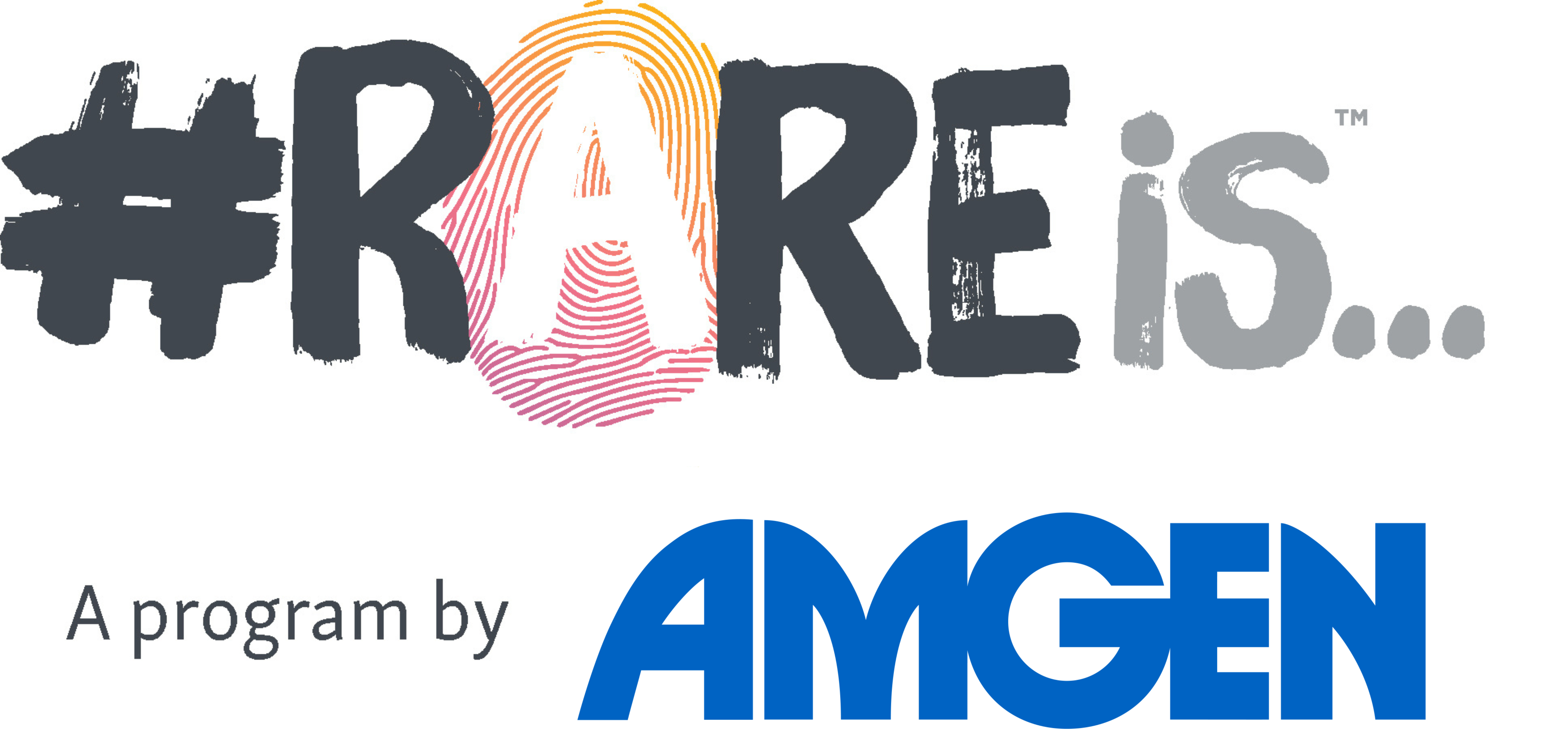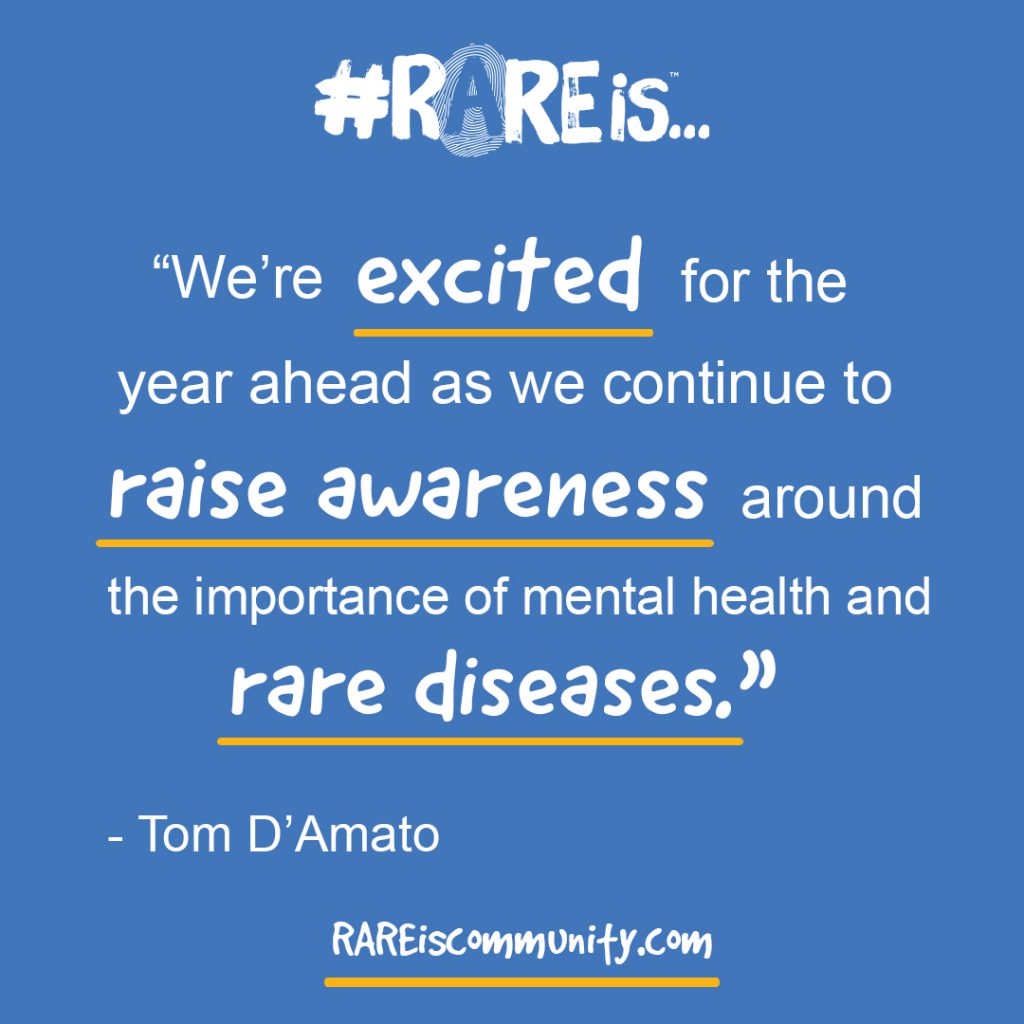Rare Disease and Your Mental Health
For some people, when they are physically sick, they go to a doctor and get treatment. Yet when it’s their mental health that is suffering, sometimes it can be more difficult to seek help – whether that’s from a doctor, support group, or family and friends.
Understandably, a rare disease diagnosis can be hard to accept at any age. People are often impacted emotionally, mentally, and physically. New changes bring new feelings and emotions; from anxiety about what the future holds, depression about lifestyle changes, and general feelings of frustration, anger, and isolation.
That’s why the mental health challenges associated with a rare disease diagnosis can be made worse when there is a lack of equity or barriers to accessing expert medical specialists and support in the community. In addition, the prolonged COVID-19 pandemic has created extra anxiety and isolation for people who can’t access their usual medical or support networks, or indeed find new ones.
All of this put together can impact a person’s well-being, as it may be hard to look after yourself, take your medicines correctly, attend your doctor’s appointments, perform daily activities and make the right decisions for you and your family.
Speaking From Experience
I understand from my personal experience the importance of good mental health for people living with a rare disease. I have three children, two sons and a daughter, who are all now in school and doing well. However, that wasn’t always the case.
My oldest son, Brody, was 9 months old when he experienced a high fever and developed a lump on his neck. It took 3 years, 6 specialists from 3 centers of excellence and countless tests to eventually get a diagnosis of a periodic fever syndrome, a rare auto-inflammatory disease. After years of taking steroids and nonsteroidal anti-inflammatory drugs, doctors removed his tonsils and adenoids and the fevers went away. The procedure essentially quieted his body’s haywire inflammatory response. Today Brody deals with occasional fatigue and inflammatory challenges which he tolerates well and his long-term prognosis is very good.
When my wife was pregnant with our second child, Kali, an ultrasound indicated a problem with the kidneys. Kali was diagnosed with renal duplication of the collecting system, which can cause extreme infection and even kidney failure. When she was 18 months old, Kali had a 5-hour reconstructive surgery on her kidney, which essentially corrected the problem. Then 3 years ago, I was diagnosed with multiple sclerosis, which set me off on my own personal mental health journey.
All these experiences; the initial feelings of the unknown, the trauma of the diagnosis, and the fear of what comes next, were anxiety-provoking, and my family and I dealt with it in very different ways. My first reaction was to deny what was happening. My wife’s way of dealing with the situation was to spring into action. This disconnect put a strain on our relationship and meant that we weren’t always on the same page during the complicated steps of receiving proper diagnoses and learning complex treatment regimens.
In my later experiences with my own diagnosis, I have sought support in a number of ways which has really helped both my family and me. I have continually seen a therapist, I got into meditation, and I’m involved in a men’s support group at my church. All things which give me a level of support and help me to not feel isolated. By focusing on my mental health, I’ve been able to make the right decisions for my overall health and to be there for my family.
Year of Mental Health
Good mental health has never been more important and that is why the Horizon Rare Disease Business Unit Patient Advocacy Team has decided to make 2022 the Year of Mental Health. Our goal is to elevate the importance of mental health, reduce the stigma associated with it, and connect the rare disease community to a wide array of resources, support groups, and advocacy organizations throughout the year.
Working with our advocacy partners, we want to help their efforts with the rare disease communities that they serve. We are supporting a first of its kind initiative with Angel Aid Cares, a group providing mental health and wellness services to rare families, and Give an Hour, a group that connects people needing mental health support with licensed mental health professionals, in a new pilot that will give rare disease families access to trained therapists. An initial six states will be involved in 2022, with the goal of a full national rollout across the U.S. in 2023.
We are also working with the Child Neurology Foundation, which connects people from all areas of the child neurology community to support from professionals dedicated to finding treatments and cures. These are people who are often in tough social situations and underrepresented in clinical trials and in advocacy groups. We are supporting the foundation’s Patient Experience Bureau, which is seeking to identify and address the social factors and determinants of health that keep people away from support from advocacy groups.
Other projects we’re involved with include the expansion of the Immune Deficiency Foundation’s life stages program, which provides resources for people of all ages and the Chronic Warriors card program, which sends cards with messages of hope and cheer to isolated illness warriors.
We’ll also be sharing personal stories from the rare disease community and hosting a rare disease roundtable with people living with rare diseases, caregivers, healthcare professionals, therapists, and advocacy leaders on rareiscommunity.com.
We’re excited for the year ahead as we continue to raise awareness around the importance of mental health and rare diseases. Be sure to keep an eye out as we continue to elevate and expand our initiatives around mental health.
If you would like to share your story, we would love to hear from you. You can contact us by clicking on Share Your Rare button at the top of the page.
About Tom D’Amato
Tom D’Amato is the Director of Patient Advocacy at Horizon Therapeutics. He has dedicated his professional career to patient advocacy for patients managing rare diseases and chronic conditions, and in his current role, he is working to empower patients and their families by providing access to a diverse array of support programs that can help them to manage both their mental health and their physical health.
You can watch Tom share how his children’s rare disease diagnoses inspired him to work on behalf of families like his own here:

